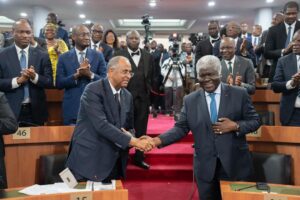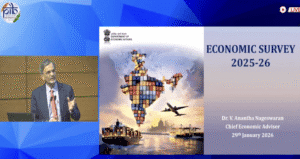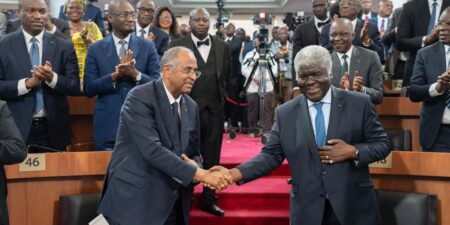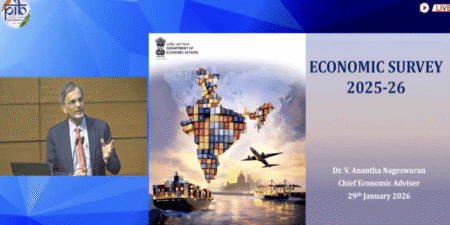
Beijing Conducts Taiwan Blockade Drills Following Lai’s National Day Speech

The BGA Taiwan Team, led by Senior Adviser Rupert Hammond-Chambers, wrote an update to clients on Beijing’s response to Taiwan President Lai’s National Day Speech.
Context
- The Eastern Theater Command of the People’s Liberation Army (PLA) of China unexpectedly announced at 5 a.m. on October 14 that it was launching the military exercise Joint Sword-2024B. The participating units included the army, navy, air force, rocket force and coast guard. The exercise was mainly conducted in the waters and airspace surrounding Taiwan, simulating a blockade. According to the official map released by China, the scope of the exercise covered the Taiwan Strait as well as the northern, southern and eastern areas of Taiwan proper.
- This marks the second blockade-style military exercise conducted by China around Taiwan this year. The previous one, Joint Sword-2024A, took place from May 23-24, following Taiwan President Lai Ching-te’s inauguration speech on May 20.
Significance
- Although the scope of 2024B was smaller than that of 2024A, it was more focused and conducted much closer to Taiwan’s main island. From a strategic standpoint, the goal of this exercise is to further “internalize” the Taiwan Strait, making it difficult for foreign countries to intervene, and it is seen as part of China’s so-called “legal warfare” against Taiwan.
- Despite the increased activity, the political motivations behind the exercise are clear. Beijing feels the need to make new breakthroughs with each exercise to reinforce its deterrence against Taiwan’s international space, specifically targeting President Lai.
Implications
- As an unannounced exercise, no restricted zones for air or sea traffic were established, and only a simulation map was released. This approach suggests that China aims to exert psychological pressure on Taiwan, demonstrating that the PLA can rapidly deploy air and naval forces around Taiwan in the event of a crisis. At the same time, it helps avoid a sudden escalation of tensions.
- BGA Taiwan believes Beijing’s actions were aimed at sending a political message, rather than escalating cross-strait tensions, to pressure Lai and the Democratic Progressive Party while diverting attention from China’s domestic issues.
We will continue to keep you updated on developments in Taiwan as they occur. If you have any comments or questions, please contact BGA Taiwan Senior Adviser Rupert Hammond-Chambers at rupertjhc@bowergroupasia.com.
Best regards,
BGA Taiwan Team

Rupert Hammond-Chambers
Senior Advisor
Rupert is an expert on Taiwanese political and economic issues and additionally brings a special focus on defense and security within BGA. Rupert concurrently leads the U.S.-Taiwan Business Council, where he was elected vice president in 1998 and president in 2000. Prior to 1994, he served as an associate for development at the Center for Security Policy, a defense and foreign policy think tank in Washington, D.C. Rupert is a member of the board of The Project 2049 Institute. He is also a trustee of Fettes College and is a member of the National Committee on United States-China Relations. Rupert ... Read More
×
























